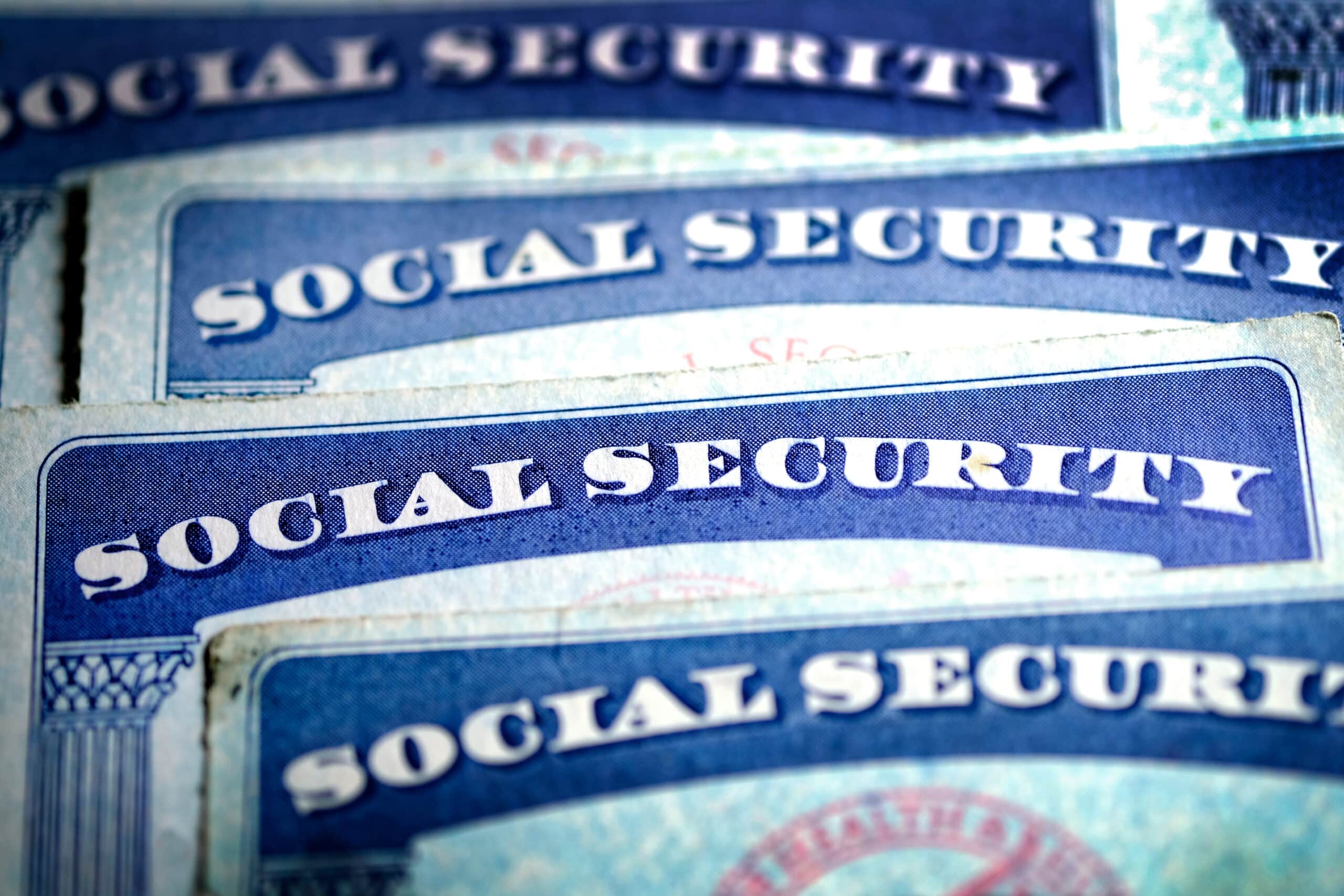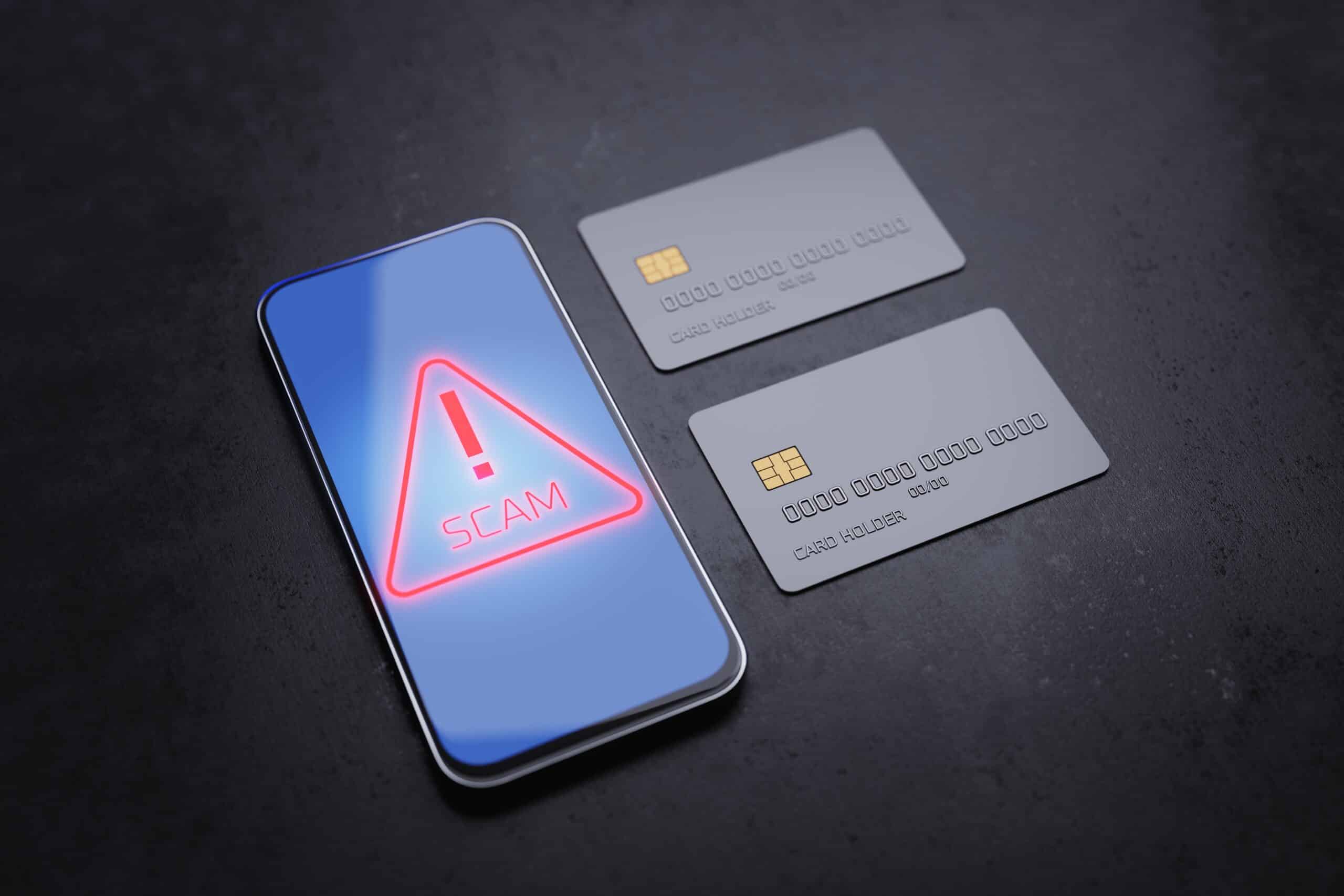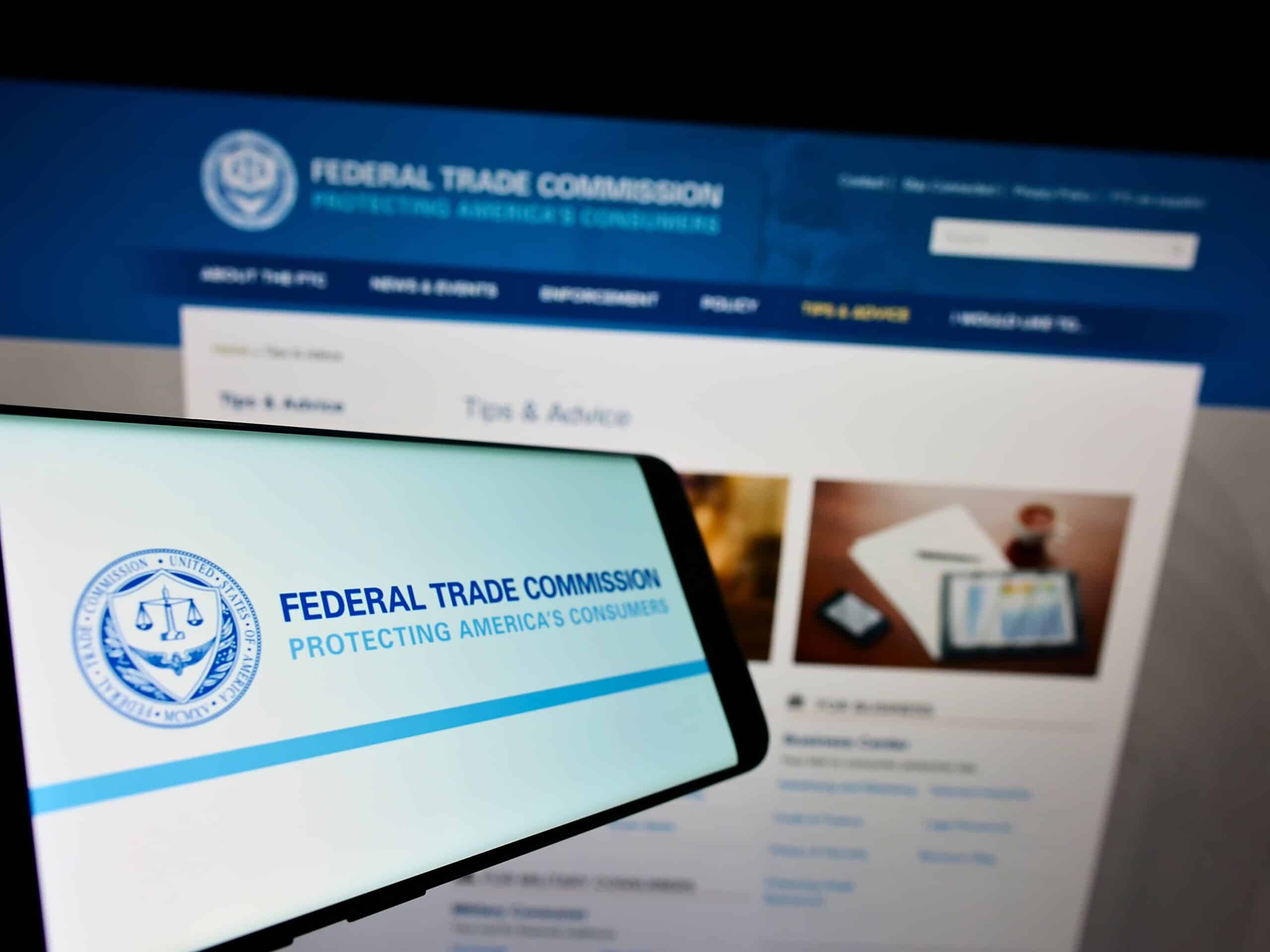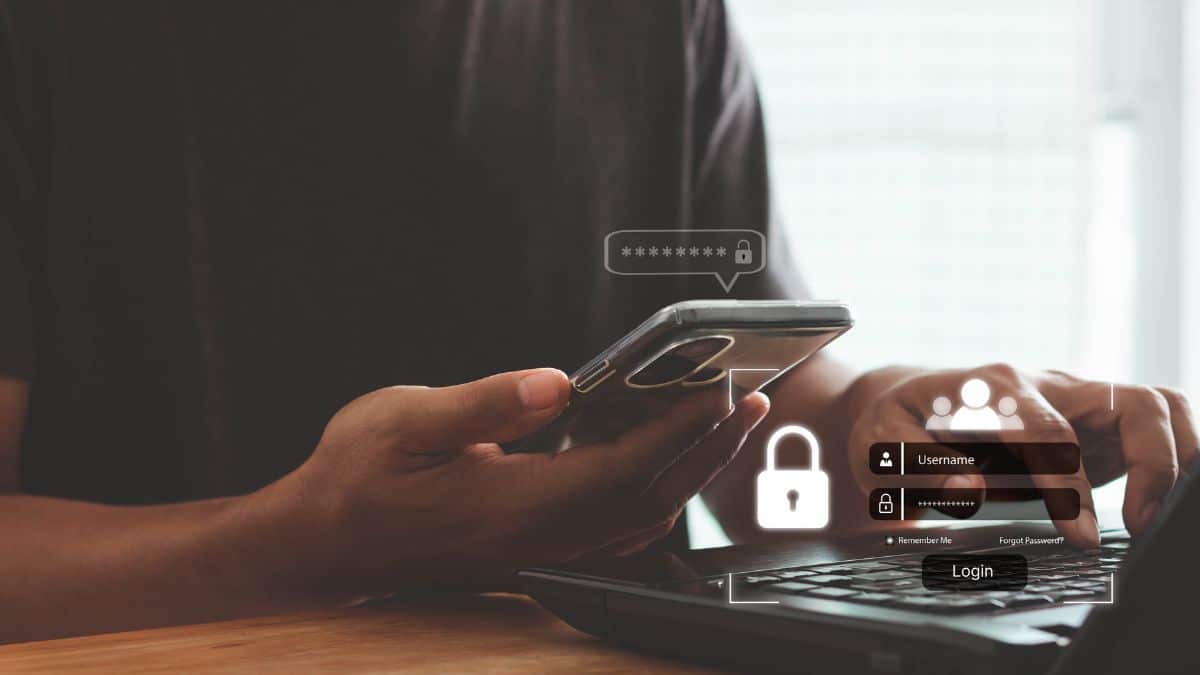With the rise of identity theft and cybercrime, it’s natural to be cautious about who gets access to your personal information. Your social security number is a key piece of that puzzle – a unique identifier that can unlock doors to your finances, medical records, and more. So the question arises: Is it safe to give out this crucial piece of data over the phone?
Before we dive into specifics, let me put it straight – giving out your social security number over the phone isn’t generally recommended. It’s important not just for privacy reasons but also because misuse could lead to serious consequences such as fraud or identity theft.
However, there are instances where you may need to share this sensitive information telephonically – like with certain government agencies or financial institutions under specific circumstances. In these cases, precautions should be taken in order ensure safety and avoid falling victim to scams.
Understanding Social Security Numbers

Let’s dive right into what exactly a social security number is. Originating as part of the New Deal in the 1930s, these nine-digit numbers were designed to track workers’ earnings and benefits. Fast forward to today, they’ve become our unique identifiers, involved in everything from opening bank accounts to applying for jobs.
Now you might be wondering why it’s so important? Well, it all boils down to identity verification. Your social security number (SSN) acts as an identifier for tax purposes and can also be used by institutions like banks or credit card companies when checking your credit history.
Here are some key points about SSNs:
- They’re unique: No two people have the same SSN.
- They’re permanent: Once assigned, your SSN doesn’t change.
- They’re confidential: You should keep your SSN private and only share when necessary.
While these little numbers seem harmless enough on their own – after all they’re just digits – they hold significant power over our lives due to how ingrained they are in various systems across America.
That said though, there’s a dark side too. Scammers seek out this information because with it; identity theft becomes much easier. From fraudulent loans being taken out under someone else’s name using their stolen data – even something as seemingly innocuous as getting utility services hooked up can be done fraudulently if someone has access to another person’s personal details including their social security number! So remember folks – always protect that precious piece of info called “your Social Security Number”.
Why Companies Ask for Your Social Security Number Over the Phone
Ever wondered why companies ask for your social security number (SSN) over the phone? It’s not just a random question; there are some legitimate reasons behind it.
Firstly, businesses often need your SSN to confirm your identity. This is especially true in situations where they need to access sensitive information about you. Banks, credit card companies, and lenders frequently require this information before discussing details of an account or loan.
Additionally, many service providers use SSNs as part of their customer verification process. For instance, healthcare organizations may request it to ensure that they’re providing medical records or billing information to the right individual.
On another note, employers might ask for your social security number over the phone during a job application process. They’ll typically use this info to conduct background checks and verify eligibility for employment in the U.S.
Yet another scenario where businesses could ask you for your SSN is when you’re applying for utility services like electricity or internet connection at home. These service providers usually perform a credit check before setting up new accounts – hence needing that crucial nine-digit identifier from you.
It’s important though – don’t just give out your SSN willy-nilly! Remember that while these requests can be legitimate in certain cases (like those we’ve discussed), there’s also potential risk involved with sharing such sensitive data over the phone.
Potential Risks of Sharing SSN Over the Phone

I’d be remiss if I didn’t warn you about the potential pitfalls that can occur when sharing your Social Security Number (SSN) over the phone. It’s a risky move, one that opens up a Pandora’s box of potential issues.
First off, there’s identity theft. With your SSN in hand, unscrupulous individuals can apply for credit cards or loans under your name. They could also get medical treatment using your health insurance or even file fraudulent tax returns on your behalf! According to data from Javelin Strategy & Research:
| Year | Identity Fraud Victims |
|---|---|
| 2019 | 14.4 million |
| 2020 | 13 million |
The numbers are staggering and they underscore just how widespread this problem is.
Another risk associated with giving out your SSN over the phone is phishing scams. Crafty criminals may pose as legitimate businesses or government agencies to coax you into revealing sensitive information like passwords and yes – social security numbers too! Once they’ve got their hands on these details, they have all they need to wreak havoc with them.
Don’t forget about robocalls either – those pesky automated calls designed solely to extract personal info from unsuspecting victims. In fact:
- In 2019 alone, Americans received nearly 58 billion robocalls.
- Of these calls, approximately 44% were scam-related.
That makes it clear that not every call asking for our precious SSNs has our best interests at heart!
Lastly but by no means least important is human error itself – misdialed numbers can lead an innocent person into disclosing sensitive information unwittingly! And don’t think it couldn’t happen; we’re only human after all!
So before you go handing out such vital info willy-nilly via telephone lines remember: The risks are real, and they’re far from negligible. It’s always best to err on the side of caution when it comes to your SSN!
Common Scams Involving Social Security Numbers
Scammers are cunning and constantly devise new strategies to trick you into sharing sensitive information. It’s vital to understand some common scams that revolve around social security numbers (SSNs).
One popular scam is the impostor call. You might get a phone call from someone pretending to be an official from a government agency like the IRS or Social Security Administration (SSA). They’ll claim there’s an issue with your SSN and pressure you into giving it over the phone.
Another common tactic is phishing emails. Scammers will send out convincing-looking emails that appear to be from legitimate companies, asking for your SSN as part of a “verification process”. Always remember: legitimate businesses won’t ask for this information through email.
Identity theft rings are another threat you should know about. These organized groups specialize in stealing identities by gathering personal details such as SSNs, often through large-scale data breaches.
Then there are robocalls – automated calls designed to steal your info. You’ll hear a pre-recorded message about an urgent problem with your social security number, urging you to dial a certain number where they try extracting more personal details under false pretenses.
Beware of these scenarios:
- Someone calling claiming they’re suspending your SSN due to suspicious activity
- Emails mimicking real organizations but having links leading towards fake websites
- Any request for immediate payment via wire transfer or gift cards
- Calls threatening legal action if you don’t provide them with personal details immediately
By familiarizing yourself with these scams and being vigilant, you can better protect yourself against identity theft involving social security numbers.
How to Protect Your SSN During Telephone Conversations

Let’s face it, in our increasingly digital world, the safety of personal information is paramount. And when it comes to personal data, your Social Security Number (SSN) tops the list. So how can you safeguard this crucial piece of info during phone calls? Here are a few strategies I’ve found helpful.
Firstly, unless absolutely necessary and trustworthy circumstances arise – don’t share your SSN over the phone! But sometimes situations demand otherwise. In such cases, make sure you’re on a secure line. Avoid public places where others might overhear your conversation or even record it.
Secondly, be proactive about who’s calling before giving out any sensitive information like an SSN. If there’s an incoming call requesting for these details – hang up! Legitimate organizations usually won’t ask for this data via phone calls; they’ll typically use more secure channels.
Thirdly: always verify before trusting caller ID as scammers can spoof them easily to appear as if they’re someone else – even government agencies! Do some homework; independently find and dial back using official numbers from websites or documents instead of relying on what pops up on your screen!
Fourth point: get yourself registered with National Do Not Call Registry which helps reducing unwanted sales calls; however remember that it doesn’t prevent all unwanted calls but certainly minimizes them!
Lastly but importantly – educate yourself about latest scams so you know what tactics fraudsters are using and hence can avoid falling prey to their traps.
Remember these pointers:
- Don’t share unless necessary
- Ensure private environment while sharing
- Verify caller’s identity
- Register with ‘Do Not Call’ service
- Stay informed about recent scamming techniques
Armed with knowledge and cautionary measures like these mentioned above we stand a better chance against potential threats targeting our valuable personal information such as Social Security Numbers over telephone conversations.
Alternatives to Providing Your SSN Over the Phone
When it comes to protecting your Social Security Number (SSN), I’m a strong advocate for caution. Handing out this sensitive information over the phone can put you at risk of identity theft and other forms of fraud. So, what’s the alternative? Let’s explore some safer options.
One approach is requesting a face-to-face meeting. If an organization needs your SSN, try asking if they’re open to an in-person interaction instead. It might take more time than a quick phone call but remember: we’re talking about safeguarding your personal data here!
Another option is sending secured emails or faxes with encryption measures in place. Encrypted emails ensure that only the recipient can access the contents, reducing chances of interception by cybercriminals.
You could also ask if there are alternative identification methods available besides providing your SSN over the phone. For instance:
- Some organizations may accept Driver’s License Numbers.
- Others might be willing to use Individual Taxpayer Identification Numbers (ITIN).
Remember though, even these alternatives should only be shared through secure means.
Finally, always question why an organization needs your social security number in the first place! There are few situations where sharing this info is necessary and many companies have moved away from using them as primary identifiers due to privacy concerns.
By considering these alternatives and taking proactive steps towards data protection, you’ll give yourself peace-of-mind knowing you’ve done everything possible to protect against potential threats!
What To Do If You’ve Already Given Out Your SSN

So, you’ve already given out your Social Security Number (SSN) over the phone? It’s a situation that can send waves of panic rushing through anyone. But fear not! I’m here to guide you on what steps to take next.
The first thing is don’t panic. Easier said than done, right? Still, it’s important because clear thinking will help you navigate this predicament more effectively. Next up – contact the Federal Trade Commission (FTC). They’re the ones who handle complaints about identity theft. Inform them about your situation and follow their advice closely.
Now let’s talk credit reports:
- Get a free copy of yours from each of three major credit reporting agencies – Equifax, Experian, and TransUnion.
- Review these reports for any suspicious activity or unauthorized accounts.
It might also be worth considering an initial fraud alert for your credit report. This makes it harder for someone else to open new accounts in your name as businesses must verify your identity before doing so.
On top of that, if you have solid proof or strong suspicion that someone has misused your SSN specifically for tax purposes – notify the Internal Revenue Service (IRS). They’ll provide guidance on how best to proceed in such circumstances.
Lastly but crucially: change all passwords linked with sensitive information immediately; especially those related with banking and other financial services!
As much as we’d like things differently – accidents happen; even digital ones involving our most personal data like an SSN leak over phone calls! But following these steps could significantly reduce potential damage from such incidents…and hopefully restore some peace-of-mind too!
Conclusion: Ensuring Safety While Using your SSN
So, we’ve reached the end of our journey. I trust you’ve found this discussion on the safety of giving out your social security number over the phone enlightening. As a final word, it’s always crucial to be cautious and protect personal information like your Social Security Number (SSN).
Now let’s recap some essential tips:
- Always verify who is asking for your SSN and why they need it.
- Don’t provide your SSN just because you’re asked – question its necessity.
- Refrain from sharing sensitive data through unsecured platforms.
Remember that scammers are crafty folks. They’ll use various tactics to get hold of such information. Your best defense? Stay informed and alert.
One might wonder if there will ever be a time when it’s absolutely safe to give out an SSN over the phone? The answer isn’t black or white – there may be legitimate instances where this happens but caution must still prevail.
To wrap things up, here are some key stats about identity theft (source: Federal Trade Commission):
| Total Identity Theft Reports in 2020 | 1.4 million |
| Percent Increase from Previous Year | +113% |
These numbers underline how critical it is to keep our personal details secure!
While technology has made life more convenient, unfortunately, that convenience comes with risks attached too; especially when handling delicate information such as our social security numbers online or via telephone conversations. So next time someone asks for these digits – think twice!
In conclusion: Be vigilant! Keep educating yourself about new scamming methods and safeguarding techniques because knowledge truly is power in these situations!
Let’s stay safe together!



